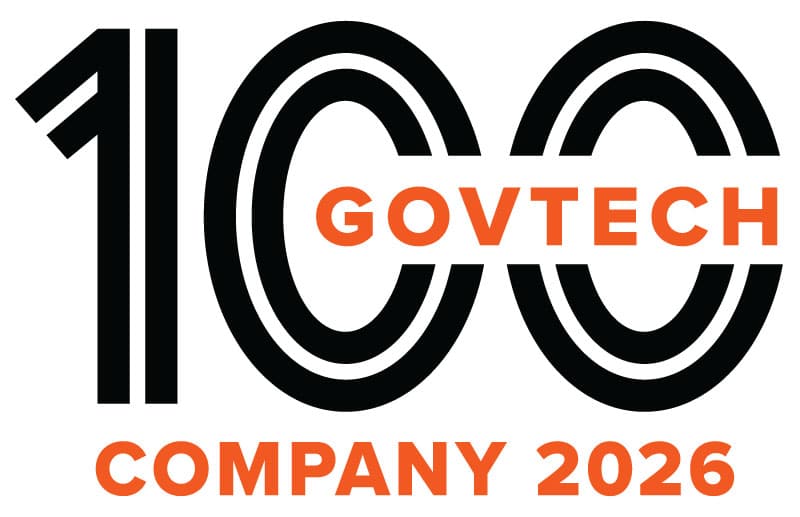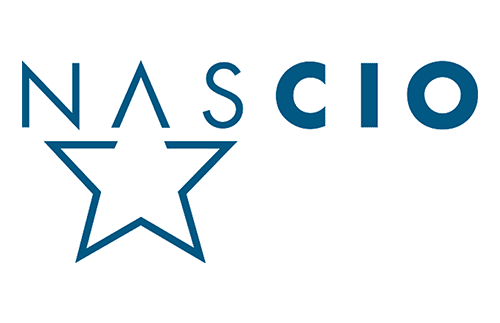In closing a remarkable 2021, I can’t help but feel even more optimistic for the year ahead. Yes, 2021 was an incredibly hard year on communities nationwide as the pandemic continued to disrupt lives and drive continuing uncertainty. And yes, the start of 2022 has introduced new variants and challenges making a return to “normal” still feel out of reach. However, for all the negative things that have happened over the past few years, I can’t help but feel optimistic not only because of my experience as CEO of SimpliGov, but also because of my experience supporting and working with federal, state and local government over the past 25 years.
Few would argue that the last two years have seen a leap forward in government digital transformation unlike anything we’ve experienced before. While the digital shift was already underway, the rapid acceleration during the pandemic is palpable and has only continued into this year. Naturally the avalanche of funding to rescue and build America is helping drive this transformation, and new technology is enabling digital outcomes simply not possible with past legacy solutions. But new funding and technology aren’t solely responsible for this dramatic shift forward.
It takes bold, and oftentimes, new, leadership to take the leap and apply new technologies in innovative ways to solve mission-critical government challenges.
The criticality of the government mission also can’t be understated. When government digital processes fail or are not running efficiently, citizens don’t receive time-sensitive essential services and may also become disillusioned and begin to lose trust in government altogether.
Being unable to stream the next episode of your favorite show is one thing, but not being able to receive services like child support, emergency rental assistance or small business services is entirely different.
Which brings me to the heart of this piece. There has been a lot written about government digital transformation, the trends driving innovation and outlook for the coming year. All largely informative and underscoring similar technology themes across cloud adoption. Increasing use of no/low-code platforms, driving citizen engagement, and enabling the future of hybrid government workforce name just a few. As the GovTech team at e.Republic recently described, Government is having an “app store” moment with the ability to leverage commercially available technology to solve incredibly complex challenges. But the leadership accessing that “app store” is breaking away from legacy approaches and undergoing a seismic change as well.
Why is that? There has been a wave of new leadership announcements across all levels of government over the past few years. A generational change driven, in part, by the pandemic with retirements, promotions and executives moving between the public and private sectors at unprecedented levels. While I have witnessed many leadership cycles over the years, this one feels different, and coupled with a plethora of new technology available in the “app store” for government, represents an unparalleled opportunity.
In my view,
This leadership change isn’t representative of a “great resignation” but instead a signal of “the next generation” in government leadership ushered into newly created roles such as Chief Digital Transformation Officers. This generation is driven by rising stars and leaders with proven track records delivering innovation, and executives moving from the private industry to government driven to make a differerence.
Look at a department like the California DMV, for example. Steve Gordon, Ajay Gupta and their team are trailblazing, choosing new and innovative technologies and challenging industry to think outside the box of what is possible. And they are not alone, countless other examples exist across all local, state and federal government.
So what does the combination of new leadership and technology bolstered by unparalleled funding mean for 2022 and beyond? A reason to be very optimistic about what the nexus of new technology and leadership in government means for everyone.














